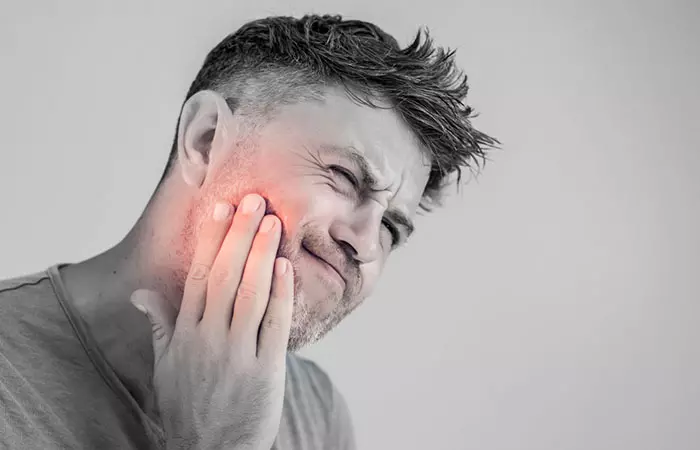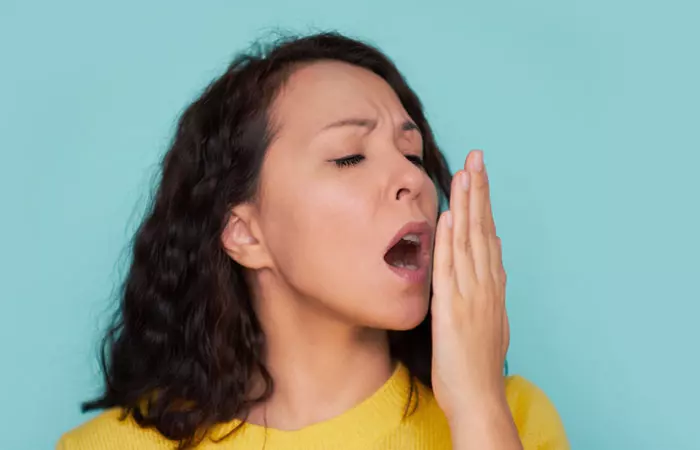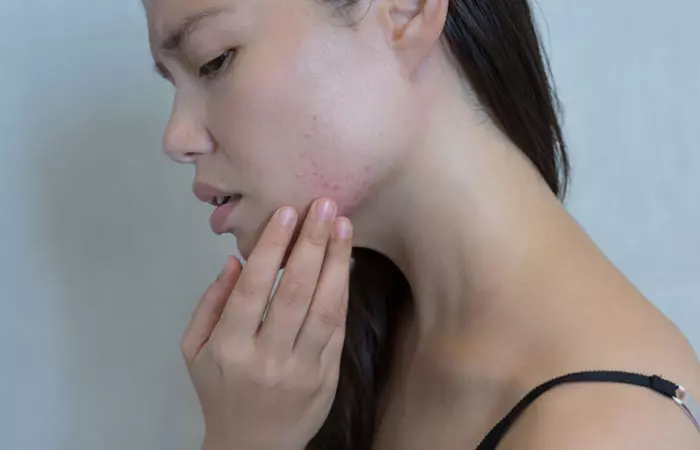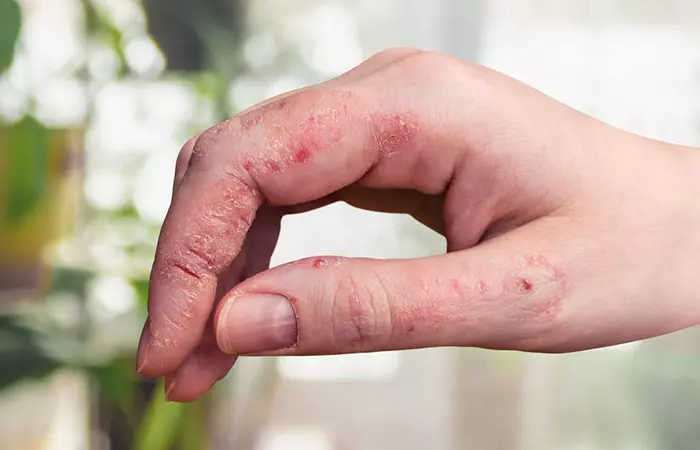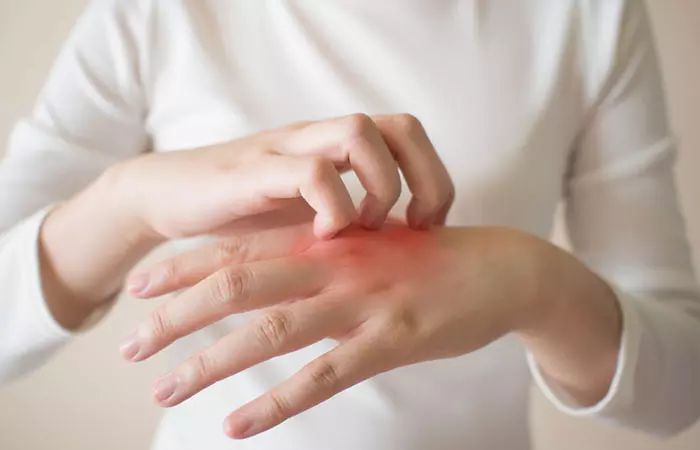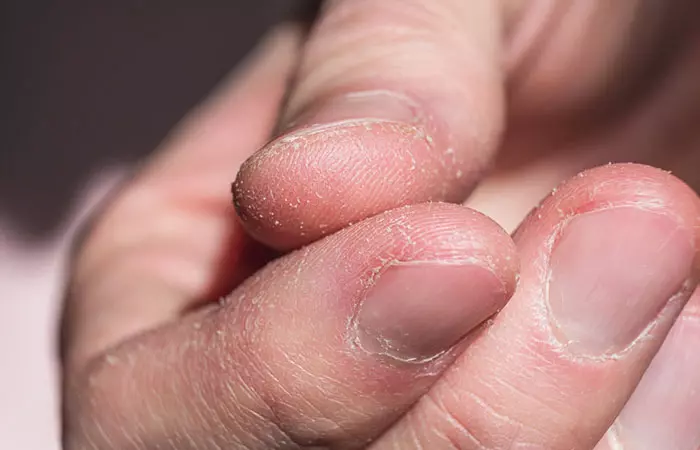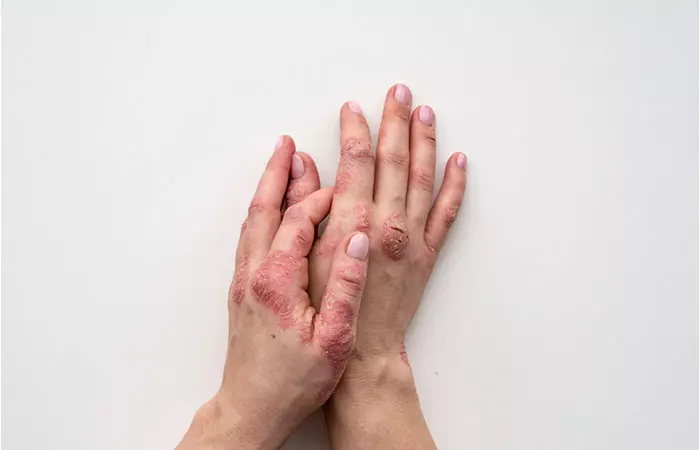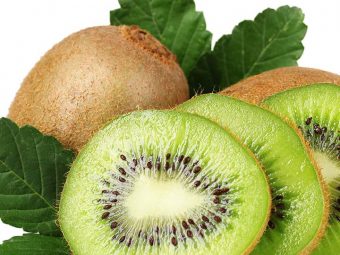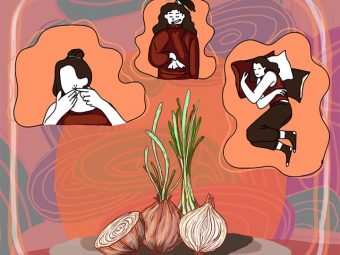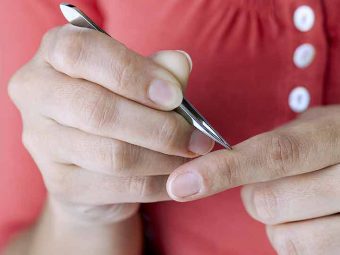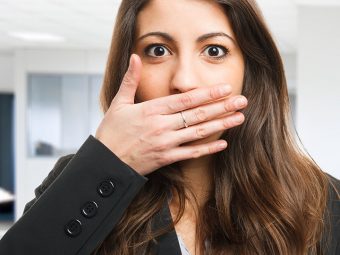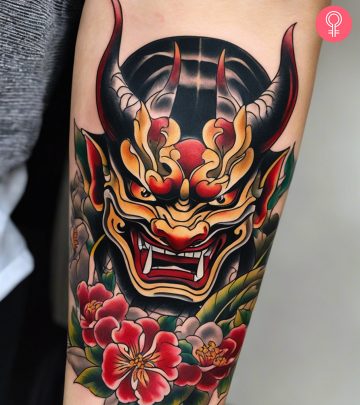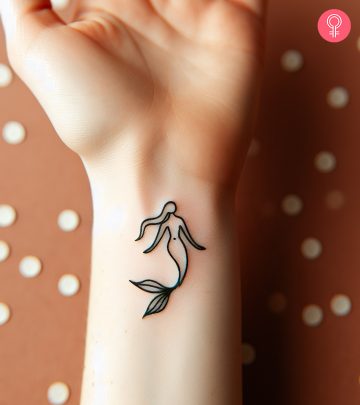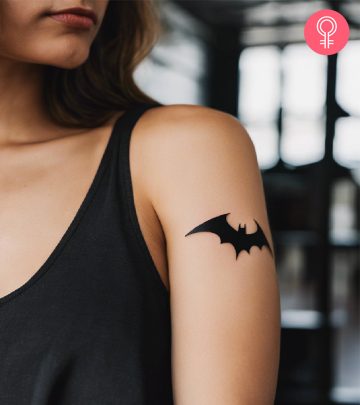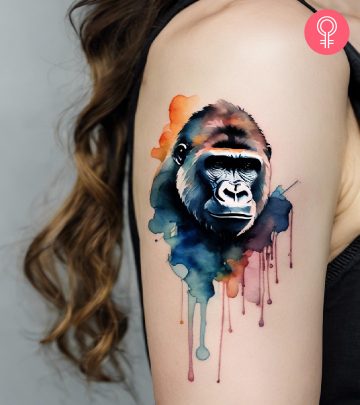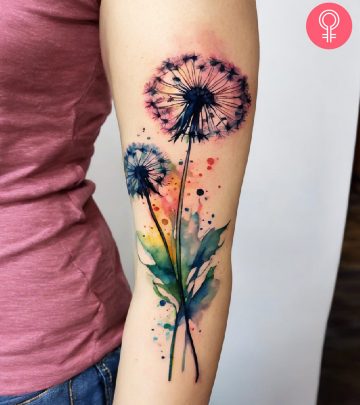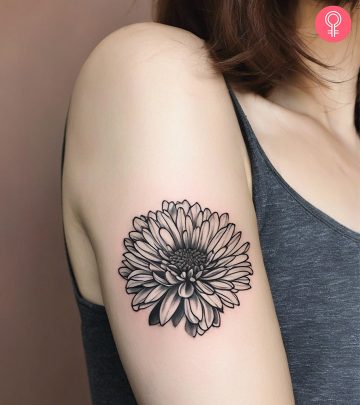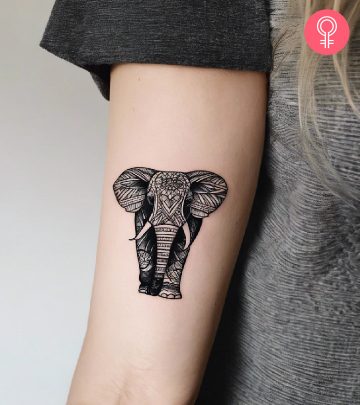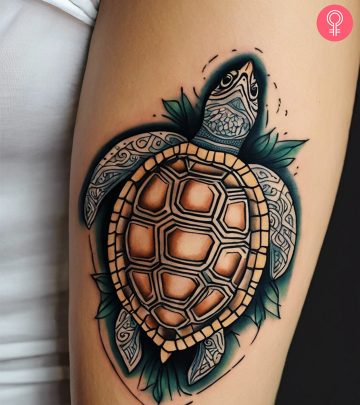10 Unobvious Things That Can Happen If You Bite Your Nails
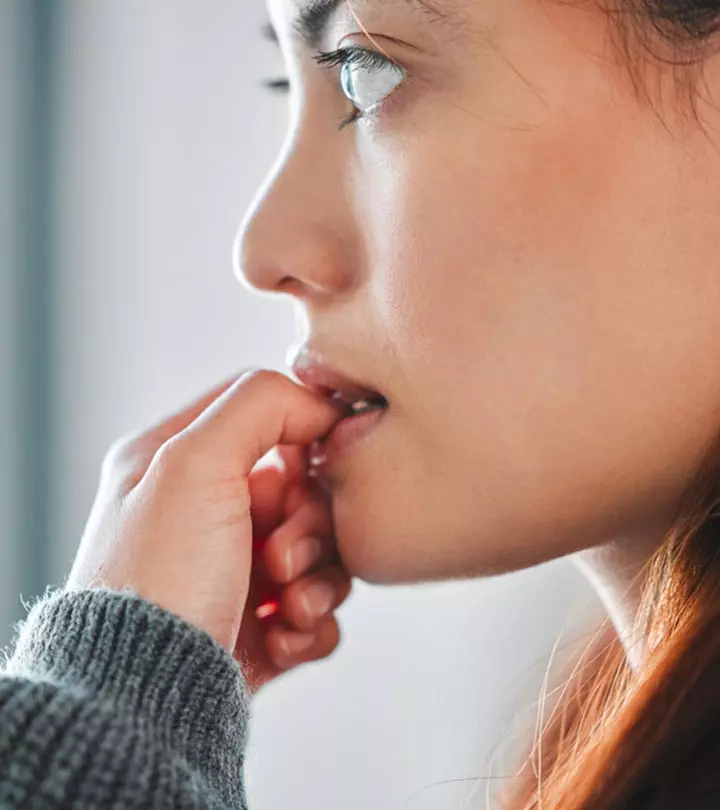
Image: Shutterstock
Biting nails is one of the most common bad habits. Did you know about 30% of the global population gnaw on their nails and the skin around their fingers? Ask them, and they will tell you how it is a coping mechanism for stress, boredom, and a need for physical distraction. Unfortunately, this habit is not harmless. It can affect your skin, teeth, and even your digestive system. In this article, we have listed some of the negative health consequences you may face if you don’t rid yourself of this terrible habit. Read on to know them all!
In This Article
1. It Can Harm Your Teeth
Nail biting may cause a lot of damage to your gums and teeth. Even though your teeth are far more durable than your nails, this could happen. If you grind your teeth and bite your nails too often, you risk chipping or cracking your teeth. It can also cause teeth to become loose and fall out of the gums.
2. It May Lead To Bad Breath
Even with regular hand washing, it’s next to impossible to get rid of all the bacteria and food debris under our nails. Nail biting facilitates the entry of microorganisms hiding under the nails into the mouth. Bad breath and gum disease can be caused by bacteria that lurk in the mouth and multiply there.
3. It May Cause Digestive Problems
Nail biting is not just terrible for the teeth and gums. It can also spread germs to other parts of the body, including the digestive tract. Infections in the digestive tract brought on by these microorganisms are a common cause of stomach cramps and loose stools.
4. It May Lower Your Immunity
The risk of getting an infection is raised when you bite your nails. Some people bite their nails without even realizing it until it’s too late. That makes them more likely to come into contact with pathogens like the flu and virus.
5. It May Cause Breakouts
Wart-causing viruses can enter the body through tiny cuts in the skin surrounding the nails, which can be caused by biting them. The virus may spread from hands to face by contact or by chewing the nails. This can cause warts on the face, especially in the lip area.
6. It May Cause A Headache
Nail biters are more likely to experience bruxism or the involuntary grinding of teeth. Those who suffer from bruxism may feel headaches, facial discomfort, muscular tension, and jaw pain.
7. It May Lead To Skin Infection
If you bite off a large enough chunk, the sensitive skin under your nail will be exposed, making it vulnerable to the many germs and diseases that live in your mouth. There are germs in everyone’s mouths, therefore it’s easy to contract several diseases by putting your fingers near your mouth. Paronychia is one of the most frequent types of infection, and it manifests with swelling, redness, discomfort, and pus-filled lumps in the affected area. That infection has the potential to linger for weeks. The most prevalent cause of paronychia is biting the cuticles, the small crescents, or the skin that surrounds the nail bed.
8. It May Cause Skin Inflammation
Your saliva has the chemical makeup to metabolize lipids and other dietary components. While that does help your digestion, biting and licking fingers frequently might cause irritation to your fingertips. This is like how licking your lips may lead to cracked skin.
9. It May Lead To Cuticle Ingrowth
A generative layer, known as the “matrix,” can be found under your fingernails. This layer serves as a type of bed from which all of your nail cells emerge. Nail abnormalities and persistent ingrown nails can result from damage to the nail matrix, which can be caused by nail biting or infections connected to biting nails.
10. It May Cause Herpetic Whitlow
Oral herpes can spread to the fingers, and around 40% of individuals who gnaw on their nails have it. The most common symptom is a severe burning or tingling in the affected fingers, followed by fever. Sores packed with fluid or blood may appear following a week or two, prolonging your discomfort for an additional two weeks.
It’s not easy to break the habit of biting your nails, but there are things you can do, like covering the tips of your fingers or clicking a pen. Bitter-tasting nail paints are available to deter people from chewing their nails. Can you think of any additional negative outcomes associated with nail-biting? How can you keep yourself from chewing your nails all the time? Let us know in the comments section!
Source
1. Art of Prevention: The importance of tackling the nail-biting habit, NCBI
2. Bruxism: A Literature Review, NCBI
3. Paronychia, NCBI
4. Herpetic Whitlow, NCBI


